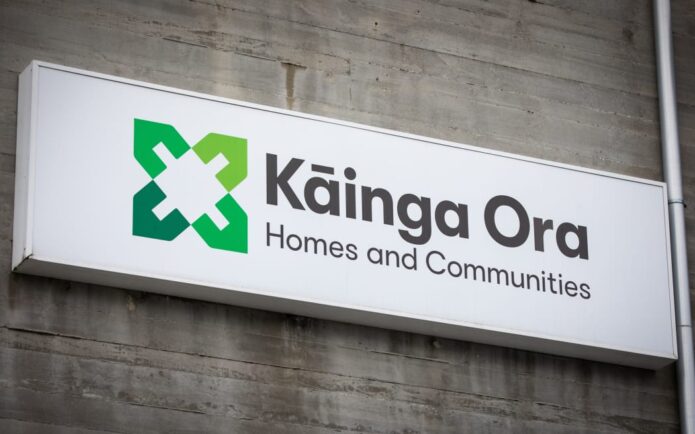PHOTO: PEXELS
JNJ Homes in Financial Trouble: Christchurch Clients and Contractors Left in Limbo
In a troubling development for Christchurch‘s construction industry, house-building company JNJ Homes is reportedly on the brink of financial collapse. Angry homeowners and subcontractors are demanding answers after multiple unfinished homes and significant unpaid debts came to light.
For families like Kosala and Salika Abeykoon, who emigrated from Sri Lanka 11 years ago, this situation has turned their dream home into a financial and emotional nightmare. “We put all our savings into it,” Abeykoon shared, describing the home as their first property investment in New Zealand.

Unfinished Homes and Vanishing Materials
The Abeykoons’ home in Casebrook was initially slated for completion in September. However, significant delays, compounded by contractors repossessing unpaid cladding, cabinetry, and benchtops, have left the property far from habitable. “It’s like a ghost house,” Abeykoon lamented, standing amidst unfinished interiors lacking carpets, tiling, and other basic amenities.
Efforts to contact JNJ Homes have been largely futile. The company’s offices in Wigram and Riccarton appear deserted, with the latter now listed for lease. Calls to their advertised phone number yield only a disconnected message, fueling speculation of imminent receivership.
Subcontractors Claim Significant Losses
JNJ Homes’ financial woes have left subcontractors grappling with significant unpaid invoices.
- Luke Adams, the company’s primary building contractor, reported being owed $28,000 after initially chasing a $56,000 debt. Despite payment plan promises, Adams believes he won’t recover the remainder.
- Dan Hanifin, a plasterer, claimed $48,000 for work completed in March, with $16,000 still unpaid. Hanifin alleged JNJ frequently onboarded new subcontractors before clearing existing debts.
- Jason Gray, a painter, is owed $27,000. He expressed frustration at what he described as unethical practices, including bringing in new contractors to finish his work while withholding payment.
Client Concerns: Money Paid, Homes Unfinished
JNJ Homes clients are equally distressed. One homeowner claimed to have paid nearly the entire $850,000 cost of a house and land package, including $57,000 for upgrades and landscaping. Despite this, her home remains incomplete, and she alleges items like bathroom vanities and kitchen cabinet doors have been removed.
The uncertainty extends to whether homes under JNJ’s portfolio will meet council compliance standards, prompting some homeowners to seek legal recourse.

Leadership Under Scrutiny
JNJ Homes operates under the trading names JNJ Construction and JNJ International Investments, led by managing director Zuyu “Jackie” Huo. While Huo’s social media profiles tout impressive academic credentials and decades of family involvement in construction, many question the company’s transparency.
Huo has yet to provide clarity on the situation, offering only a brief email statement acknowledging the company is “considering all options.”

Raids, Removed Materials, and Locked Premises
Compounding the chaos, landlords have locked JNJ employees out of the Wigram warehouse to prevent further removal of materials. Subcontractors reported instances of seeing Huo loading items into his car under dubious circumstances.
Calls for Industry Reform
The situation highlights broader issues within New Zealand’s construction industry. Subcontractors argue for stronger protections, claiming the current system prioritizes government and institutional creditors over those directly impacted by insolvencies.
Luke Adams called the company’s handling of its financial troubles “immoral,” while Jason Gray emphasized the need for systemic change to safeguard subcontractors’ livelihoods.
Uncertain Future for JNJ Homes
As JNJ Homes teeters on the edge of receivership, affected homeowners and subcontractors face mounting financial losses and uncertain timelines. With no clear resolution in sight, this case underscores the critical need for transparency, accountability, and legislative reform within New Zealand’s construction industry.
SOURCE: STUFF












